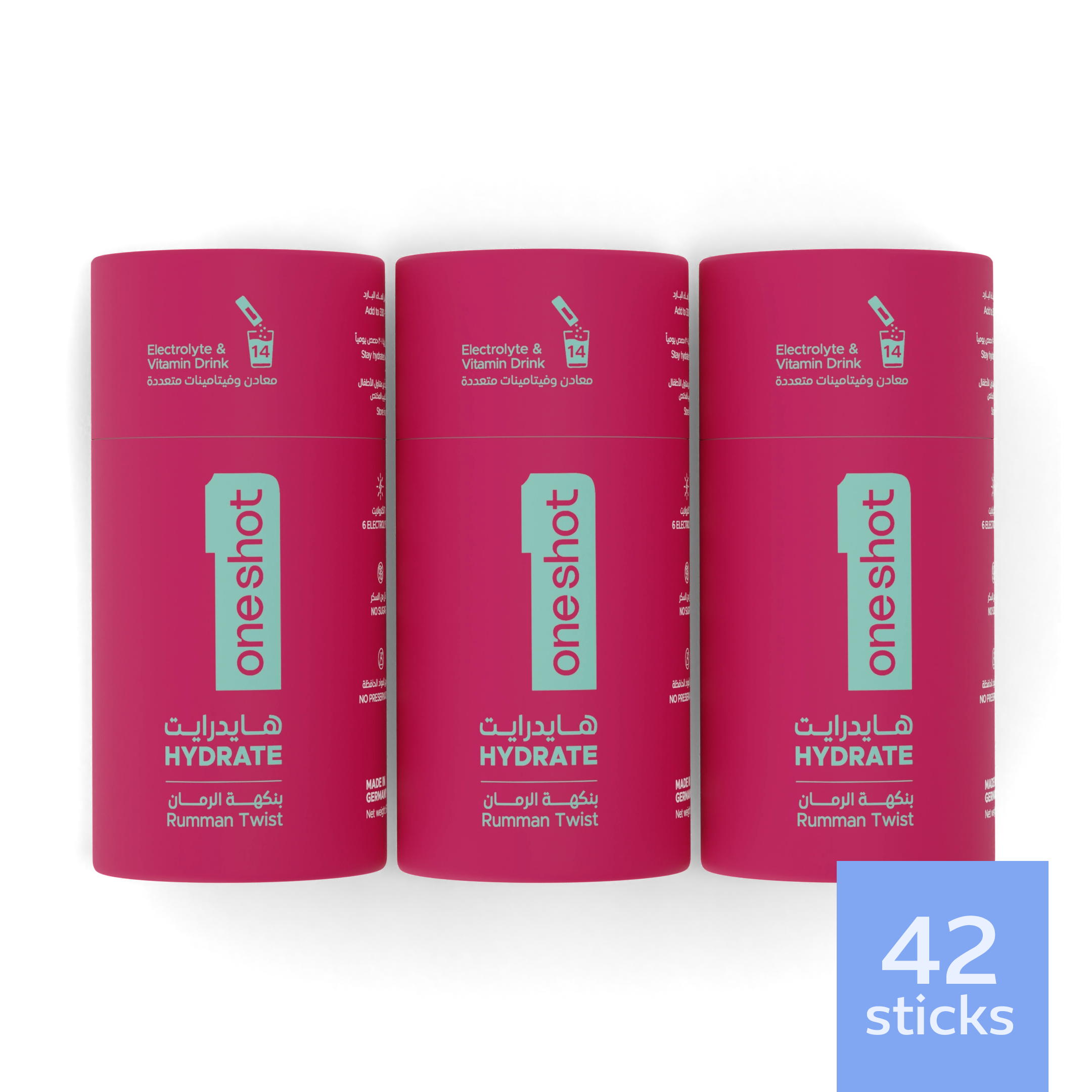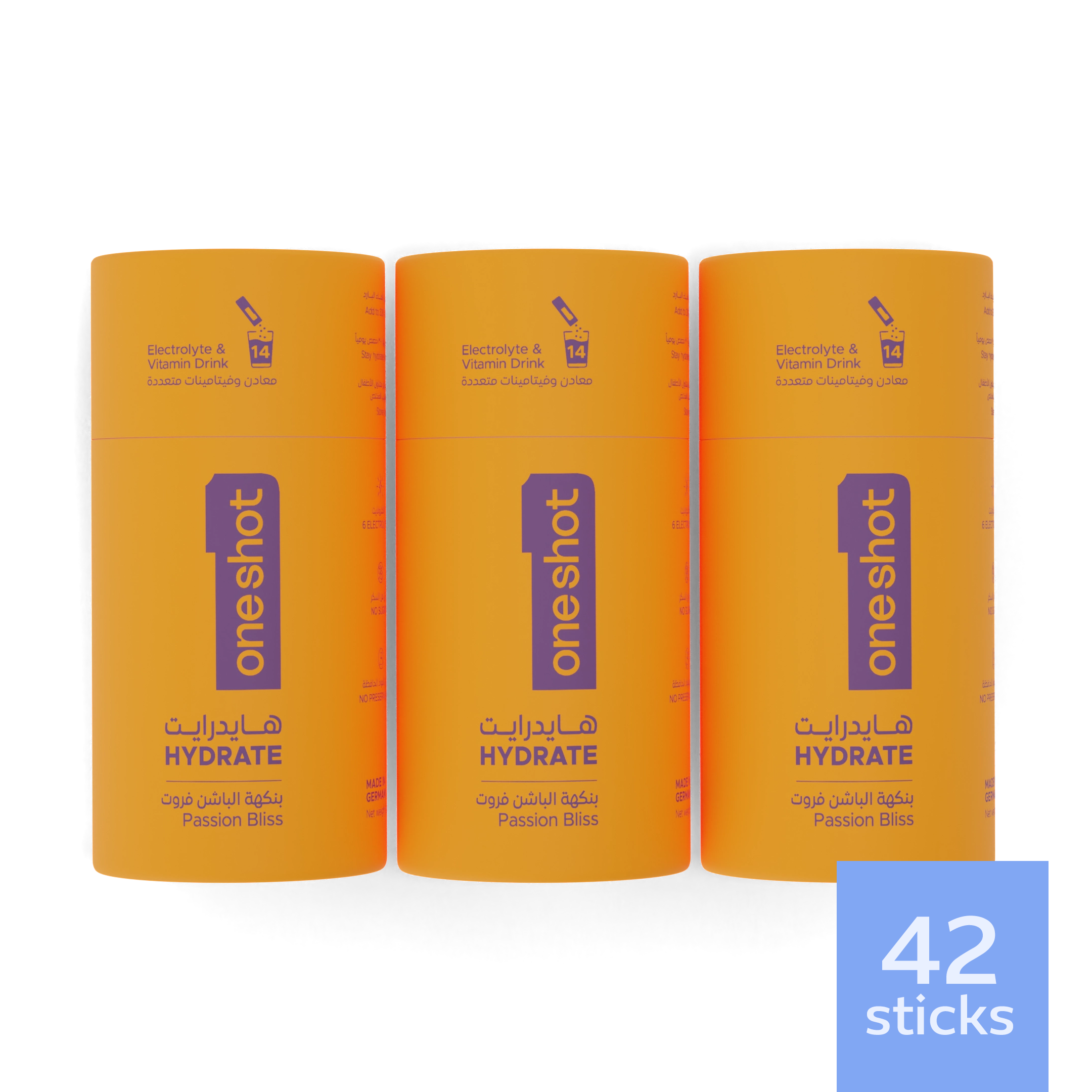Different restricted diets, such as the keto diet or low-calorie diets, have unique electrolyte needs that must be addressed to prevent complications and promote overall well-being. Electrolyte drinks tailored to these specific diets offer targeted support, helping individuals maintain electrolyte balance and mitigate potential side effects.
Keto Diet
The keto diet is a dietary approach characterized by high fat and low carbohydrate intake, which aims to induce a metabolic state called ketosis, wherein the body primarily relies on fat for fuel instead of carbohydrates.
- Challenge: One challenge faced by individuals following the keto diet is the increased urinary excretion of electrolytes, particularly sodium and potassium. This heightened excretion can lead to electrolyte imbalances, resulting in symptoms often dubbed the "keto flu".
- Solution: Electrolyte drinks specifically designed for the keto diet offer a targeted solution to address this challenge. Ensuring adequate electrolyte intake supports overall well-being and helps sustain energy levels. This makes it easier for individuals to stick to the ketogenic lifestyle by mitigating the symptoms associated with electrolyte imbalances, thus enhancing their overall experience on the diet.
Low-Calorie Diets
Low-calorie diets involve restricting calorie intake to promote weight loss. These diets often focus on consuming fewer calories than the body expends, typically through reduced portion sizes or lower-calorie food choices.
- Challenge: Individuals following low-calorie diets may experience electrolyte imbalances due to restricted food intake, as reduced food consumption can lead to inadequate intake of essential minerals.
- Solution: Electrolyte drinks formulated with precise ratios of essential minerals offer a convenient solution to replenish electrolytes without compromising calorie goals.By ensuring adequate electrolyte intake, these drinks support overall well-being and help individuals achieve their weight loss goals.
Intermittent fasting
Intermittent fasting, as a dietary approach, involves cycling between periods of fasting and eating within a specified timeframe. While electrolyte drinks are not strictly necessary for intermittent fasting, they can offer benefits for some individuals, particularly if they experience specific symptoms or have particular lifestyle factors.
- Hydration and Electrolyte Balance: During fasting periods, especially longer ones, maintaining proper hydration and electrolyte balance is essential for overall health. Electrolytes such as sodium, potassium, and magnesium play critical roles in various bodily functions, including nerve function, muscle contraction, and fluid balance.
- Physical Activity: Those who engage in strenuous physical activity during fasting periods may sweat more and consequently lose electrolytes at a faster rate. In such cases, replenishing electrolytes through drinks or foods rich in electrolytes can help maintain performance and prevent potential imbalances.
- Dietary Habits: The composition of an individual's diet during eating periods can influence their electrolyte needs during fasting. For example, someone following a diet high in processed foods or low in fruits and vegetables might have lower potassium intake, increasing the likelihood of needing electrolyte supplementation during fasting. Conversely, those with a balanced diet rich in whole foods may have fewer concerns regarding electrolyte balance.
- Listening to Your Body: Ultimately, it's crucial to listen to your body's cues and adjust your electrolyte intake accordingly. If you feel fine during fasting periods and experience no symptoms of electrolyte imbalance or dehydration, you may not need electrolyte drinks. However, if you notice signs of imbalance or feel better with electrolyte supplementation, incorporating them into your fasting routine can be beneficial.
Addressing Common Concerns
Headaches and muscle cramps are common concerns during fasting, often attributed to electrolyte imbalance. Electrolyte drinks can help alleviate these symptoms by restoring proper electrolyte levels and supporting overall hydration.
Electrolyte Drinks to Prevent Fasting Headaches
During fasting, electrolyte imbalance symptoms can occur due to the body's reduced intake of fluids and essential minerals such as sodium, potassium, and magnesium. This imbalance can lead to dehydration, which in turn can trigger headaches. When the body lacks proper hydration and electrolyte levels, it can affect blood flow to the brain and cause discomfort.
Electrolyte drinks offer a practical solution by providing a balanced mixture of essential minerals and fluids. The combination of electrolytes in these drinks helps regulate fluid balance within the body, ensuring optimal functioning of cells and organs, including the brain.
Can Electrolyte Drinks Help with Muscle Cramps During Fasting?
Proper electrolyte balance is crucial for muscle function, and imbalances can lead to muscle cramps, which are commonly experienced during fasting. When the body loses electrolytes through sweat and urine during fasting, it can disrupt the normal functioning of muscles, making them more susceptible to cramping.
Electrolyte drinks play a significant role in alleviating muscle cramps by providing essential minerals such as sodium, potassium, and magnesium in precise ratios. These minerals are essential for maintaining proper muscle contraction and relaxation. Sodium helps transmit nerve impulses to muscles, while potassium and magnesium aid in muscle relaxation after contraction.
Optimizing Electrolyte Intake for Dietary Success
Electrolyte drinks tailored to specific diets like keto, low-calorie, and intermittent fasting offer targeted support by replenishing essential minerals and supporting hydration. By addressing electrolyte needs, these drinks help prevent complications such as headaches and muscle cramps, enhancing overall well-being during dietary restrictions. Consulting with a healthcare professional can provide personalized guidance on incorporating electrolyte drinks into dietary routines for optimal health outcomes.






